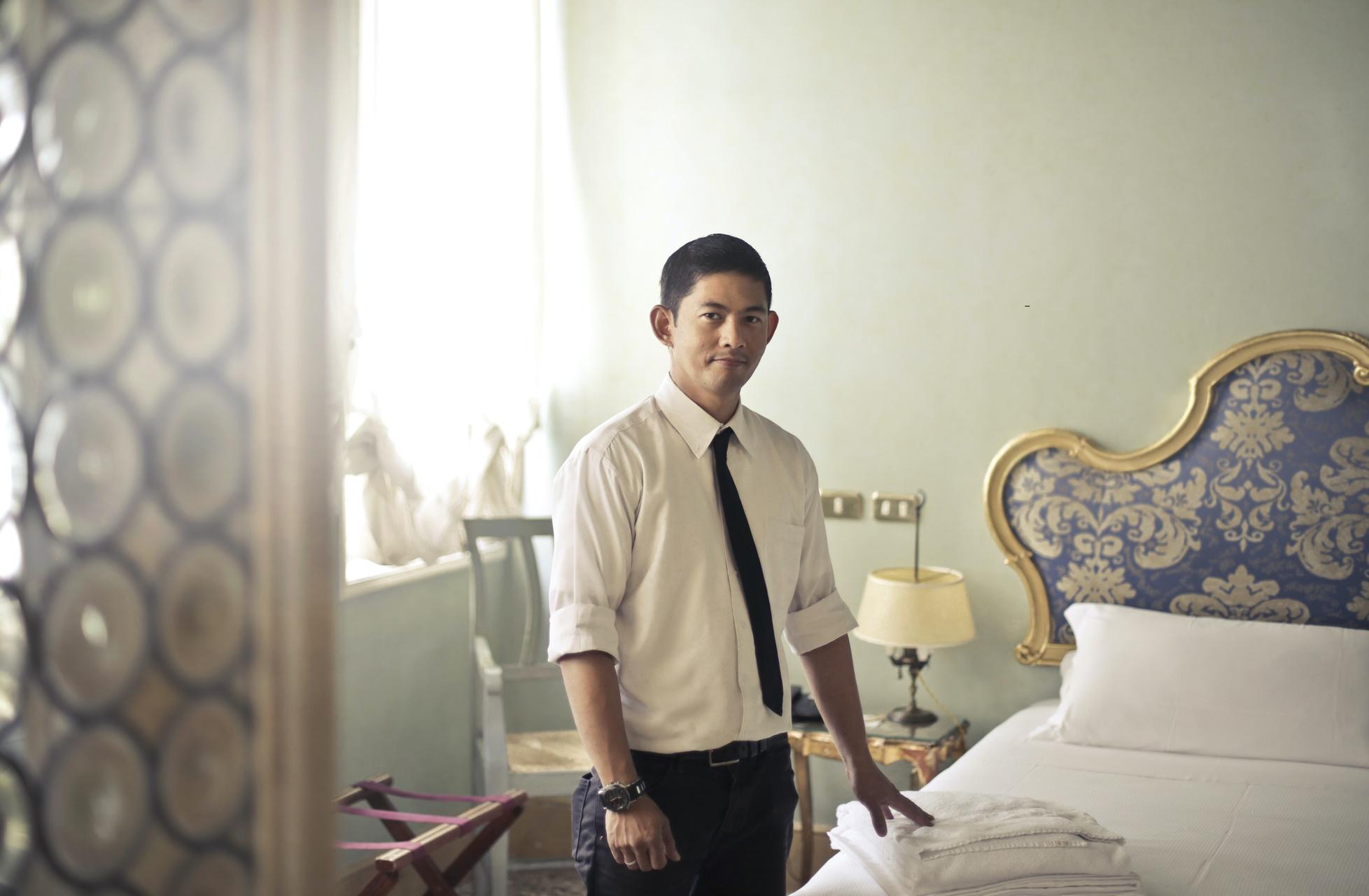Unlocking the Business Benefits of a Strong Culture in Luxury Companies
Transform your company’s culture into a powerful driver of business success with our expert guidance and unlock its full potential today.
A robust organizational culture is an essential driver of success in the luxury goods market. This article explores how culture transformation can help luxury brands create a sustainable competitive advantage, improve customer engagement, and foster high-performance teams. It underscores the critical role of a strong culture in shaping brand perception and ensuring long-term relevancy in the luxury industry. Merillot’s consulting interventions can support luxury brands in this culture-led journey towards greater success.
KEY POINTS
Harnessing the Power of Organizational Culture in the Luxury Industry
In the luxury industry, creativity, exclusivity, and meticulous craftsmanship are central, but there’s another fundamental factor that can either cement a luxury brand’s success or hasten its decline: organizational culture. For a luxury brand to remain relevant and resonate with its consumers, it requires more than just high-quality products and services; it demands a culture that aligns with its core values and vision—a culture primed for continuous evolution. This is where the concept of “Organizational Culture Transformation” comes into play.
The Necessity of Organizational Culture Transformation
Organizational Culture Transformation is the process of changing the beliefs, values, and behaviors within a company to align with its strategic goals. It is a shift in the way an organization operates at its most fundamental level. In the context of the luxury industry, this transformation has to account for the delicate balance between maintaining brand heritage and driving innovation.
Luxury brands are steeped in history and tradition, often built over generations. This legacy carries an inherent value that appeals to consumers seeking authenticity. Yet, the landscape is rapidly changing due to the influence of technology, evolving consumer preferences, and an increasingly competitive marketplace. A “Luxury Brand Strategy” grounded in a strong organizational culture acknowledges these changes and evolves to meet these new challenges head-on.
Building a High-Performance Culture
High-Performance Culture is an environment where employees are engaged, empowered, and inspired to do their best work. In the luxury industry, employees are the brand custodians, each one contributing to the overall brand experience. From the artisans crafting the products to the sales associates who directly interact with customers, a high-performance culture in the luxury industry hinges on a shared commitment to excellence.
A High-Performance Culture is not built overnight. It requires a deliberate and systematic approach, starting with a clear vision, robust leadership, and an unyielding focus on talent. Luxury brands need to nurture talent that aligns with their brand values and supports their overall business strategy. Only then can they drive the performance levels needed to achieve “Sustainable Competitive Advantage.”
Sustainable Competitive Advantage through Culture
In an industry where customers are discerning and competition is fierce, a strong organizational culture is a key differentiator for luxury brands. A culture that fosters innovation, values craftsmanship, and prioritizes customer experience can provide a “Sustainable Competitive Advantage.”
Organizational Culture Transformation is the strategic lever to achieve this. By aligning culture with business strategy, luxury brands can create an environment that not only encourages exceptional performance but also differentiates them in the marketplace. This Sustainable Competitive Advantage helps brands maintain their allure and desirability over time, even as the market dynamics shift.
Enhancing Luxury Consumer Engagement
Modern luxury consumers crave more than just exquisite products; they seek experiences, connections, and a sense of belonging. Brands need to go beyond traditional marketing strategies and focus on “Luxury Consumer Engagement” as a cornerstone of their approach.
A strong organizational culture helps in fostering a deep, meaningful relationship with customers. When employees are engaged and enthusiastic about their brand, this enthusiasm permeates through their interactions with customers, creating a more personal and memorable brand experience. This emotional connection, coupled with exceptional service and high-quality products, drives Luxury Consumer Engagement and customer loyalty.
Conclusion
A strong organizational culture, culminating in a High-Performance Culture, is an essential driver of success for luxury brands. It shapes the brand’s identity, underpins a Sustainable Competitive Advantage, and drives Luxury Consumer Engagement. The process of Organizational Culture Transformation can help luxury brands adapt to the dynamic market landscape while preserving their unique heritage and core values. In essence, it forms the bedrock of a robust and successful “Luxury Brand Strategy.”
CONSULTING INTERVENTIONS
Merillot offers a range of consulting interventions to help companies scale innovation, including:





